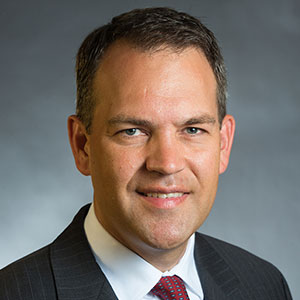
(NAFB) – There no question Americans are feeling the pain at the pump as gas prices haven’t been this high in years.
Mike Steenhoek is the Executive Director of the Soy Transportation Coalition, who says he’s feeling the pain along with everyone else. But he says the current idea of a “gas tax holiday” might not be a good thing in the long term.
“One of the responses to that among our elected officials is to have a suspension of the gasoline tax. And that sounds good in theory, that sounds like it would create a bit of relief. But I think what’s important to kind of keep in mind is Americans spend on average 80 cents a day on the fuel tax; not on fuel itself, but on the fuel tax.”
Steenhoek talks about how he came up with those numbers.
“I did some quick calculations; given the average mileage driven per year, the average fuel tax, when you combine the federal fuel tax and the average state fuel tax that Americans pay, when you divide that all out, it really just amounts to 88 cents per day. While that certainly is an amount of money. It wouldn’t provide this lucrative relief that I think a lot of Americans are pining for.”
He says most of the high price of gasoline doesn’t come from the gas tax.
“The big challenge when they’re filling up their tanks is the cost of the fuel itself and to get it from where it’s produced, through the refining process, and eventually, at the gas station. That is what they are paying for. The fuel tax itself is a pretty minimal component of that. And so, while it wouldn’t provide a lot of tangible relief to your average American, it would deplete the amount of money that we’re trying to invest in our infrastructure. And most Americans want to have a well-maintained system of roads and bridges, and that does not get achieved if we’re all of a sudden not devoting the necessary resources to it.”
It’s going to take continuous investing to build up the U.S. infrastructure.
“The United States can be described accurately as a spending nation and not as an investing nation. And we’ve kind of lost over the last number of decades the investment mentality that that really served us well a number of years ago that, you know, built things like the interstate highway system. And we’re trying to recapture that, but we still have a ways to go. We have a lot of, particularly in rural areas, bridges that are structurally deficient, that need to be repaired and replaced, in many cases. We’ve got roads that need to be attended to, we’ve got other modes of transportation, we’d look at our ports and our inland waterway systems. We have a considerable wish list that would really benefit our industry and the broader economy if we made those necessary investments.”
